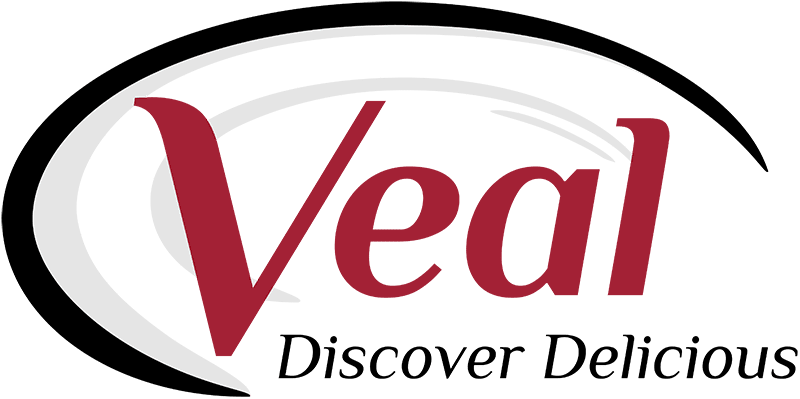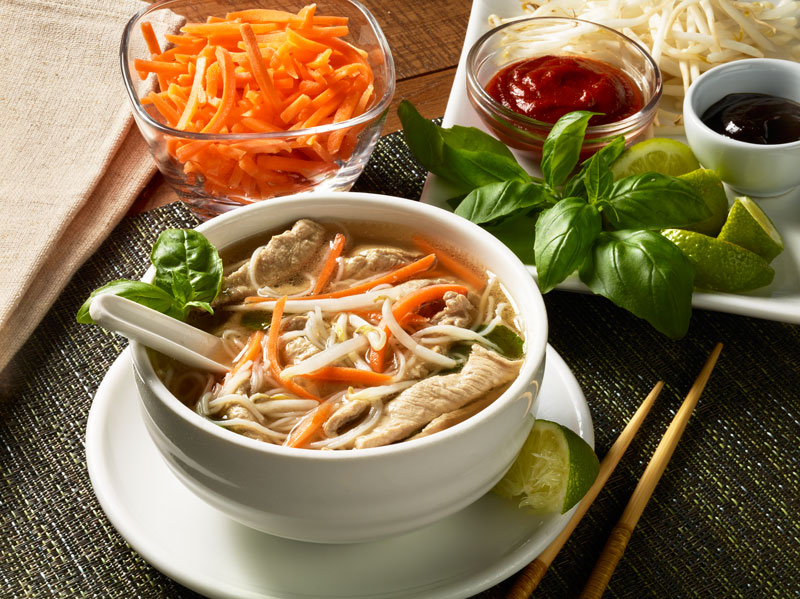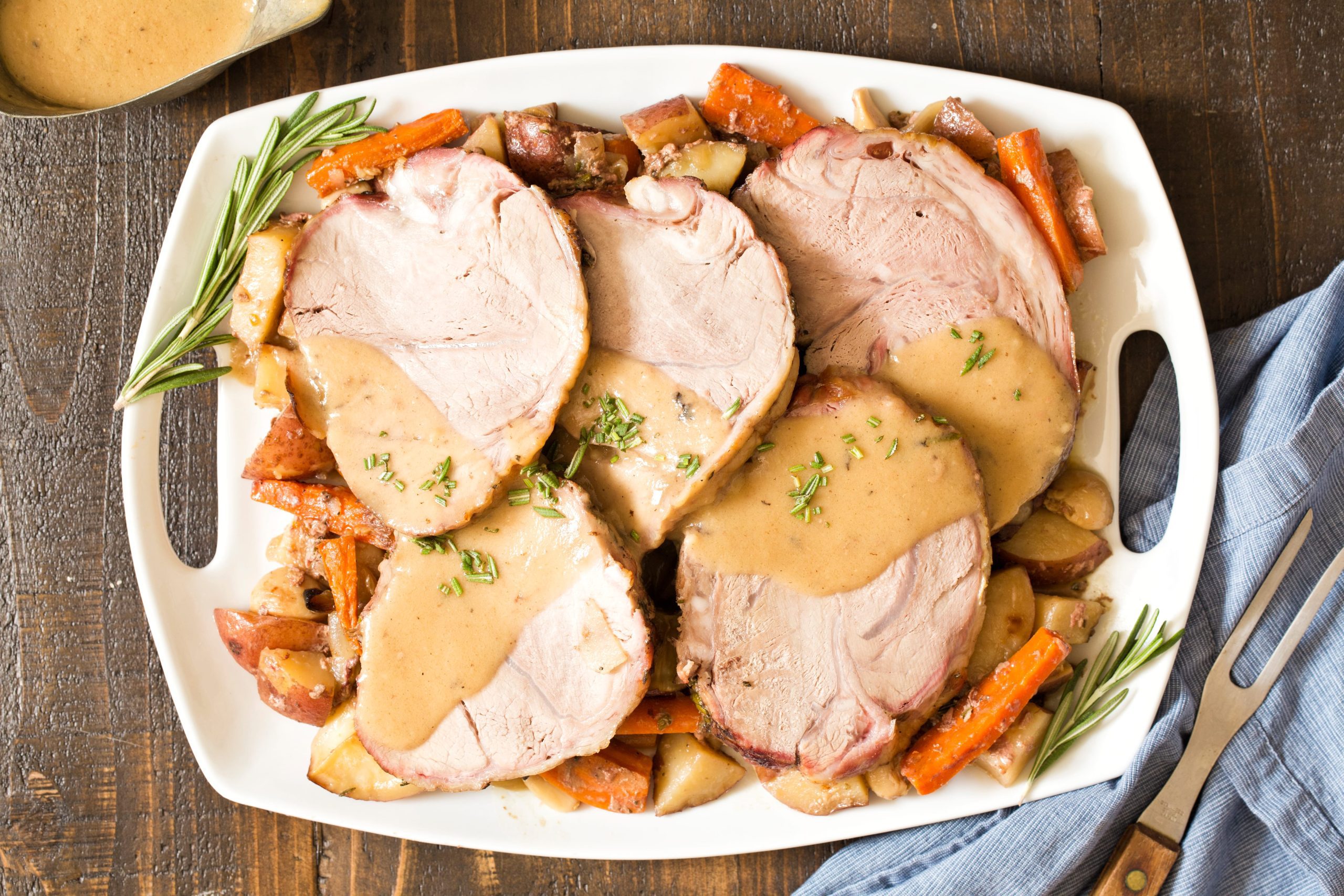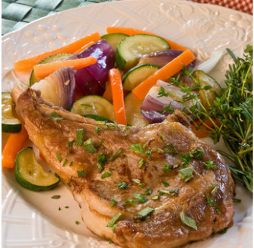OCTOBER VEAL BLOG
Promotions
This year’s Checkoff funded veal promotions AR will continue to concentrate on collaboration with state beef councils, influencers and industry stakeholders to increase veal’s reach, engagement and consumer demand for veal in the marketplace. A strong emphasis will be placed on pushing a progressive message of veal’s global trending recipes, nutrition, versatility, transparency and sustainability through social media and digital marketing. New recipes will be developed in conjunction with influencers and partnerships and shared through various activities and channels of communication.
Veal Quality Assurance
Best Management Practices for Handling and Transportation
Transportation quality assurance plays a critical role in the health and welfare of cattle. The proper handling and transport can reduce sickness in calves, prevent bruises, and improve the quality of the meat from these animals. Review the Best Management Practices for handing and transportation in the Veal Quality Assurance Manual.
Key practices include:
· Transportation plans are developed, documented and implemented.
· Calves are always handled in a quiet, calm, consistent, non-threatening and gentle manner.
· Caretakers are properly trained in safe and efficient animal handling. The consequence for startling, painful or rough handling of all animals is known and enforced.
Veal farmers are reminded to be certified every three years. Veal Quality Assurance certification resources are available online. Additional transportation resources can be found within the BQA Transportation program.
Heifer or Bull? Why All Newborns Deserve Equal Treatment
The care given by dairy farmers to their bull calves during the short period of time between birth and the next stage of production is most critical to the overall health of the animal, and ultimately, the quality of meat for consumers. All calves are born with a naïve immune system and rely 100 percent on colostrum for early immunity. That makes adequate passive transfer of maternal antibodies essential to protect newborn calves from disease. Providing colostrum soon after birth is considered a welfare standard for all calves. Veterinarian Dr. Marissa Hake outlined calf care recommendations in a column published by the following media:
State Beef Councils
PA Beef Council Wraps Up Veal in the Classroom Program
The PA Beef Council’s Veal in the Classroom program was successfully wrapped up for the 2018-2019 School Year. The council received 32 grants for veal grants for the school year. Thanks to the industry support and partnership of Mountain States Rosen and Marcho Veal, the council was able to accommodate all 32 grants. The program reached a total of 2,389 students across the Commonwealth as a result of the program. Participating educators receive a comprehensive toolkit which contains resources which enable them to conduct a comprehensive lesson surrounding veal with their students. Looking ahead to the 2019-2020 School Year the council has received 29 applications for veal. We appreciate the continued support our industry partners offer to make this program possible!
INDUSTRY INFORMATION
Lawsuit Challenging California’s Prop 12 Filed.
A lawsuit challenging the constitutionality of California’s Proposition 12: The Farm Animal Confinement Initiative (Prop 12) was recently filed. The suit claims the law will hurt the nation’s food value chain by significantly increasing costs for producers and consumers.
Enacted in November 2018, Prop 12 imposes space requirements regarding breeding pigs and veal calves within California. The lawsuit, filed in the U.S. District Court for the Central District of California, asks the court to halt implementation of the law (grant a preliminary injunction) because Prop 12 violates the commerce clause and the federal structure of the U.S. Constitution. Prop 12 reaches beyond the state of California’s borders by prohibiting the sale in California of uncooked pork or veal from animals housed in ways that do not meet Prop 12’s requirements. As a result, Prop 12 sets confinement standards for how pigs and veal calves are raised anywhere in the U.S. or in any foreign country. The case was assigned to Judge Christina Snyder. The hearing date is set for Nov. 18, 2019.
New Study Recommends Adults Continue Current Consumption Levels of Red Meat.
A recently released new study in the Annals of Internal Medicine concluded that adults are recommended to continue their current consumption levels of unprocessed and processed red meat. A panel of 14 members, including three community members, from seven countries voted on the final recommendations. Analyzing the data from five studies that encompassed 54,000 people, the researchers did not find a significant association between meat consumption and the risk of heart disease, diabetes or cancer. They also found a vegetarian diet provided few, if any, health benefits. The story received heavy media coverage and was met with skepticism from many media outlets. The American Heart Association, the American Cancer Society, the Harvard T.H. Chan School of Public Health and others attacked the findings and the Annals of Internal Medicine for publishing them. Additionally, The Physicians Committee for Responsible Medicine (PCRM), filed a Federal Trade Commission complaint against the Annals of Internal Medicine for publishing the study and failing to condemn red meat.
Regulatory Affairs
CSPI Petition on Nitrate/Nitrite Labeling.
The Food Safety Inspection Service (FSIS) is seeking comments on a petition filed last month by Center for Science in the Public Interest (CSPI). The petition asks FSIS to amend its labeling regulations to prohibit the statements “No Nitrate or Nitrite Added” and “Uncured” on meat products that have been processed using any sources of nitrates or nitrites, including non-synthetic sources, such as celery powder. The petition also requests that FSIS require that labeling of these products include the statement “nitrates or nitrites added” in lettering at least one-half the size and prominence of the product name. In addition, the petition requests that FSIS take additional steps to minimize levels of residual nitrates and nitrites in these products. Further details on the petition can be found here. Comments are due Nov. 12. However, packer and processor organizations have requested a 90-day extension to the comment period.
FDA Publishes List of Records Required Under FSVP.
Recently, FDA published the Foreign Supplier Verification Programs (FSVP) final rule, which requires importers to verify that the food they are importing into the U.S. has been produced in a manner that meets applicable U.S. food safety standards. To help importers determine the FSVP records they should develop and maintain, FDA has made available a list of records required by the FSVP regulation. This is organized based on the sections of the FSVP regulation so that imports can readily determine the required records for the sections that apply to them. Importers should note that not every record on the list will be applicable to them, so they will need to determine whether they are subject to an exemption, standard FSVP requirements or modified FSVP requirements. FSVP compliance dates differ according to a number of factors. More information on FSVP compliance dates can be found here.
FSIS Announces Program Leadership Changes.
The Food Safety and Inspection Service (FSIS) earlier this month congratulated Roberta Wagner, Assistant Administrator of the Office of Policy and Program Development (OPPD), on her upcoming November retirement. Wagner spent the previous 33 years serving in the federal government. Along with Roberta’s retirement, FSIS announced related personnel changes, all were effective as of Oct. 14. Terri Nintemann will be taking Roberta’s place as the new Assistant Administrator of OPPD, Janet Stevens will become the Assistant Administrator in the Office of Planning, Analysis and Risk Management (OPARM), and Nathan Greenwell will be acting as Deputy Assistant Administrator of OPARM. More information on the changes and the personnel can be found here.
AMS Announces Pre-Solicitation Notices for Beef, Pork and Chicken Products. USDA Secretary Sonny Perdue announced in July that USDA would take further action to support American agricultural producers while efforts on free, fair and reciprocal trade deals took place. Last week, USDA’s Agricultural Marketing Service (AMS) announced the food purchases of beef, pork and chicken products under the authority of Section 5 of the Commodity Credit Corporation (CCC) Charter Act for distribution to various food nutrition assistance programs. Beef products will be purchased up to $151 million, pork products up to $208 million and chicken products up to $371 million. Beef products to be procured can be found here, pork products here and chicken products here.
FDA Launches Food Safety Dashboard to Track FSMA Progress. FDA launched a Food Safety Dashboard designed to track the impact of the seven foundational rules of the FDA Food Safety Modernization Act (FSMA), measure their progress and help FDA refine its implementation. The dashboard is available as part of the FDA-TRACK program, the FDA’s agency-wide performance management system. FDA announced the availability of the initial metrics that begin to track outcomes for three FSMA rules in the areas of inspections and recalls. Additional performance measures and data will be released for other FSMA rules in the future. More information can be found here.
FSIS Announces NARMS Surveillance Program for FY 2020. The Food Safety and Inspection Service (FSIS) announced that all National Antimicrobial Resistance Monitoring System (NARMS) sample task scheduling and analysis have resumed as of Fiscal Year 2020 (Oct. 1, 2019). The Office of Planning, Analysis and Risk Management (OPARM) allocated sampling tasks for the NARMS projects for the month of October. Public Health Veterinarians are to complete these tasks as described in FSIS Directive 10,100.1, FSIS Sampling for the National Antimicrobial Resistance Monitoring System. Questions can be sent to the Office of Policy and Program Development through askFSIS. Find the full FSIS directive here.
NOP Reopens Comment Period for Origin of Livestock Proposed Rule. The National Organic Program (NOP) reopened the public comment period for the Origin of Livestock proposed rule originally published in 2015. The proposed rule would change the requirements related to the origin of livestock under the USDA organic regulations. NOP received 1,580 public comments during the original comment period in 2015. USDA will consider all public comments in developing a final rule, which includes public comments from 2015 and from this new comment period. The link to comment can be found here, and the commenting period is open until Dec. 2, 2019.
International Affairs
U.S. Wins Largest Arbitration Case in WTO History Over Illegal EU Airbus Subsidies.
The U.S. won the right to retaliate on $7.5 billion worth of trade annually in an arbitration case against the EU’s illegal subsidies to Airbus – the largest arbitration award in Word Trade Organization (WTO) history. The Arbitrator calculated this amount based on WTO findings that EU aid for Airbus is causing significant lost sales of Boeing large civil aircraft, as well as impeding exports of Boeing large aircraft to the EU, Australia, China, Korea, Singapore and UAE markets. The decision allows the U.S. to impose retaliatory tariffs on the EU, which will include several meat product imports and cheese imports. At this time, the tariff increases will be limited to 10 percent on large civil aircraft and 25 percent on agricultural and other products. The tariffs will take effect starting Oct. 18, 2019, and will mostly be applied to France, Germany, Spain and the United Kingdom – the four countries responsible for the illegal subsidies. Further information can be found in the Office of the U.S. Trade Representative’s press release, and the full list of items subject to tariffs can be seen here.
USISPF to Lead Industry Delegation on Reducing Food Waste and Improving Health.
The U.S. India Strategic Partnership Forum (USISPF) will lead an industry delegation in November aimed at sharing global examples and best practices on how innovation in the food and agriculture processing industry can be leveraged to meet the goals of eliminating food waste and improving health and nutrition. The delegation will represent nutrition, agriculture and food processing companies to enable the showcasing of new ideas and technologies in the entire food supply chain. USISPF members will have the opportunity to engage with Indian policy makers in a constructive dialogue on the policy changes of interest to their companies. India is one of the largest consumers of food in the world and the third largest producer of agriculture. However, 30 percent of India’s food (an estimated 40 million tons each year) is wasted due to inadequate infrastructure, transit and storage. For more information, contact Nina Anand, (610) 672-5082.
Meetings, Events and Education
Exhibit Sales, Registration and Housing Open for 2020 Annual Meat Conference.
Exhibit sales, registration and housing are now open for the 2020 Annual Meat Conference (AMC), which will take place March 2 – 4, 2020, in Nashville, Tennessee at the Gaylord Opryland Resort and Convention Center. AMC offers a complete education and networking experience, featuring close to five hours of exhibits showcasing the latest in new meat and poultry products and the products and services retailers need to increase their bottom line. Comprehensive education sessions include a variety of ways to explore the latest developments in meat retailing today. For more information on registration and housing, plus special offers, visit the AMC website here.
Exhibit space for AMC is now open as well. The AMC offers premier opportunity to showcase meat and poultry products and technology to hundreds of meat buyers from national retail chains. AMC is the only industry event dedicated to getting meat and poultry retail buyers, suppliers and consumers in the same place for meaningful networking and interaction. To see a floor plan and who attends AMC, click here. Exhibit space can be purchased here.
IPPE Registration and Housing Now Open.
The 2020 International Production and Processing Expo (IPPE) registration and housing is now open. The 2020 IPPE will take place in the Georgia World Congress Center in Atlanta from Jan. 28 – 30, 2020. The 2020 IPPE is the only exposition of its kind showcasing the latest solutions and technologies for the global animal food and protein industries. Attendees can experience, learn and connect with more the 32,000-animal food, meat and poultry industry professionals at this event. Click here to register now, or here to learn more about IPPE.
Internal links are funded and maintained by the Beef Checkoff. All other outgoing links are to websites maintained by third parties
